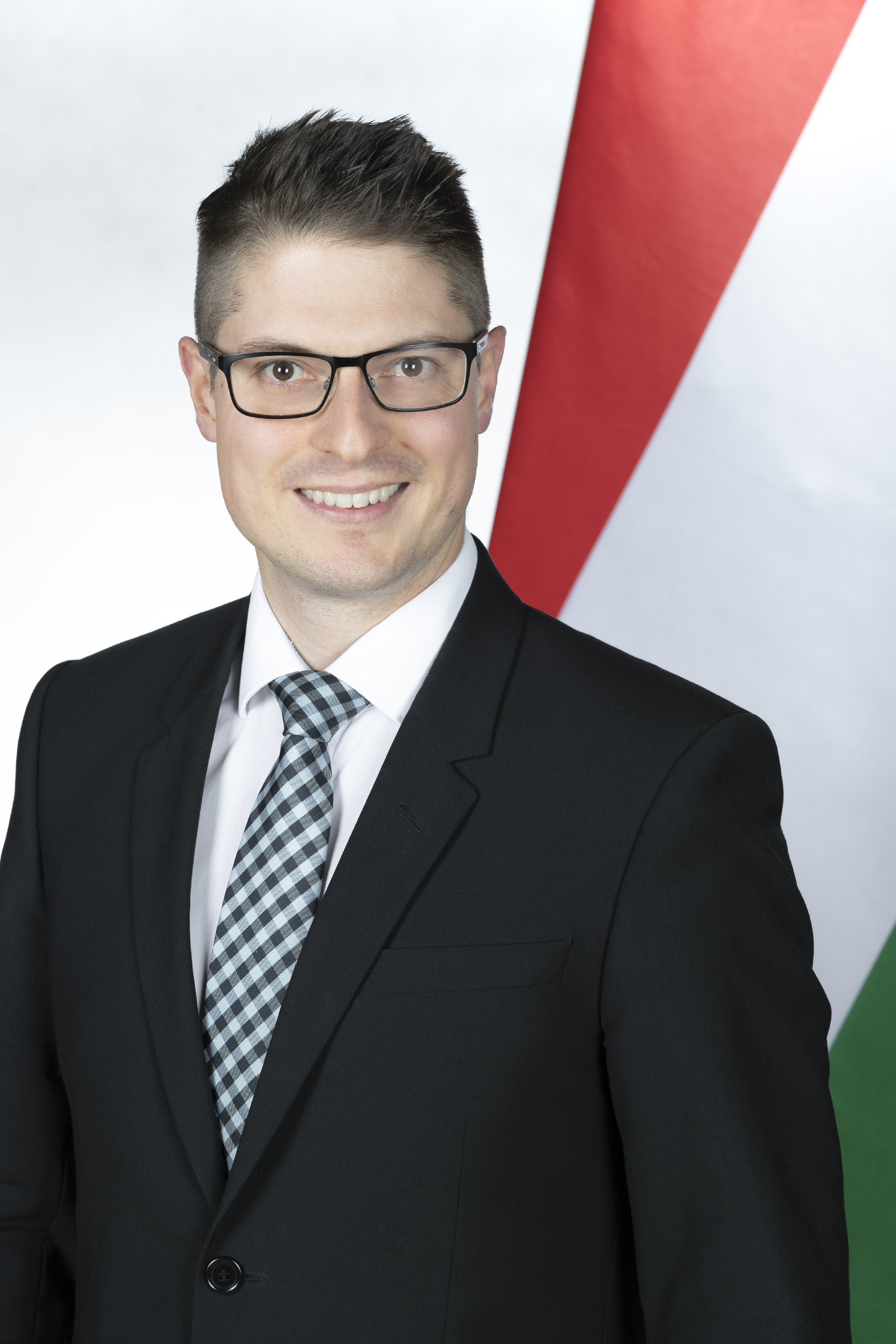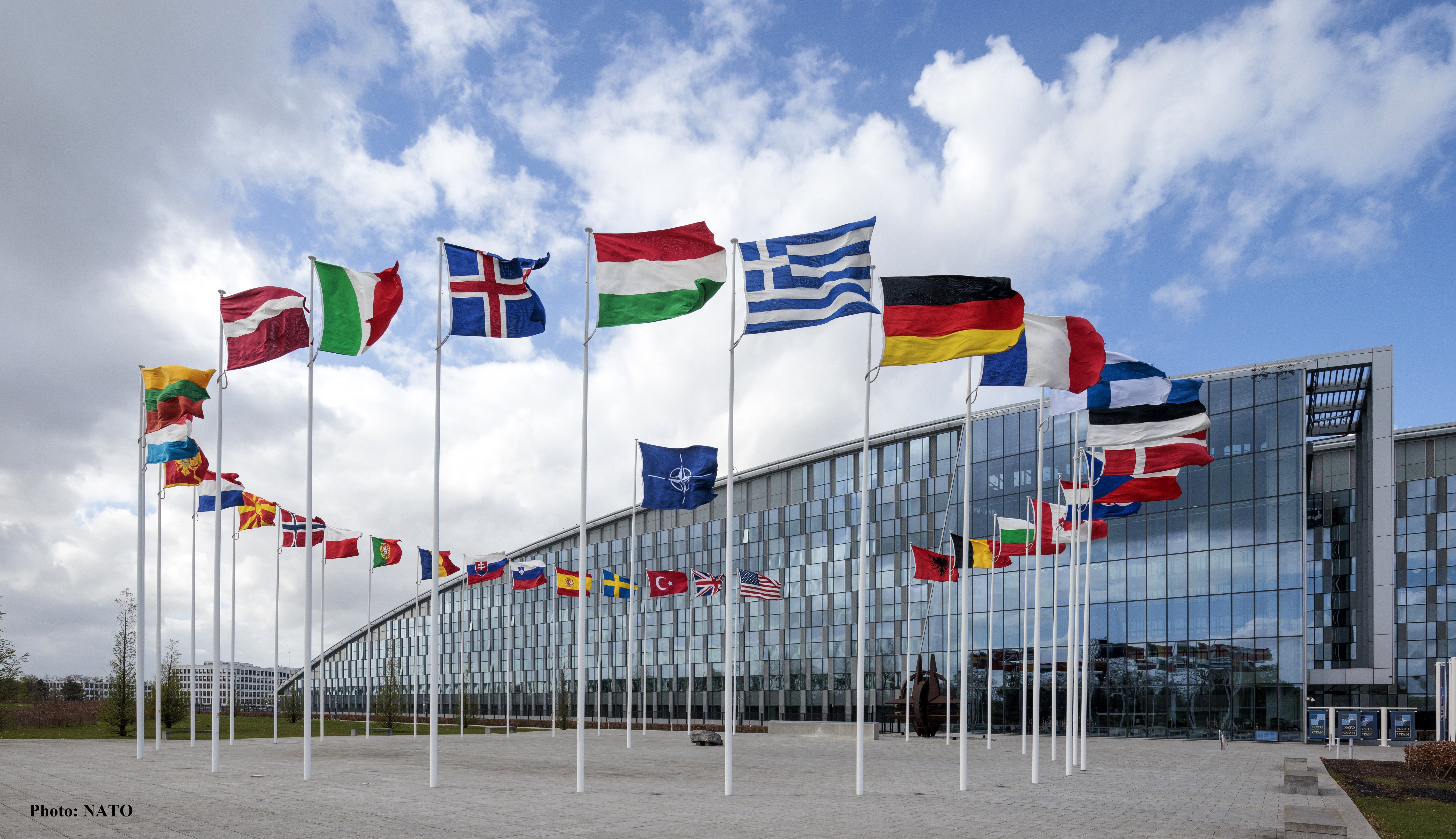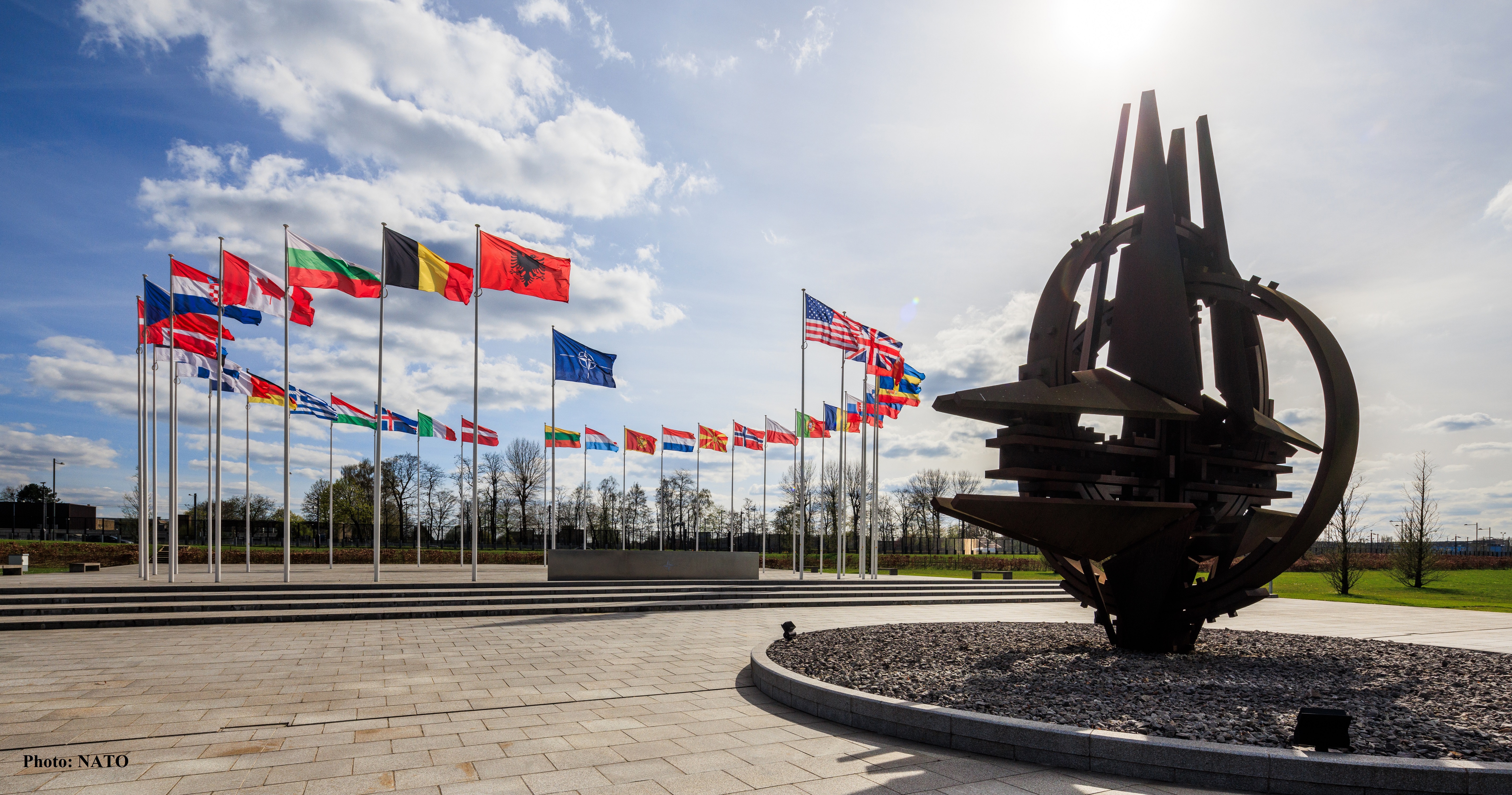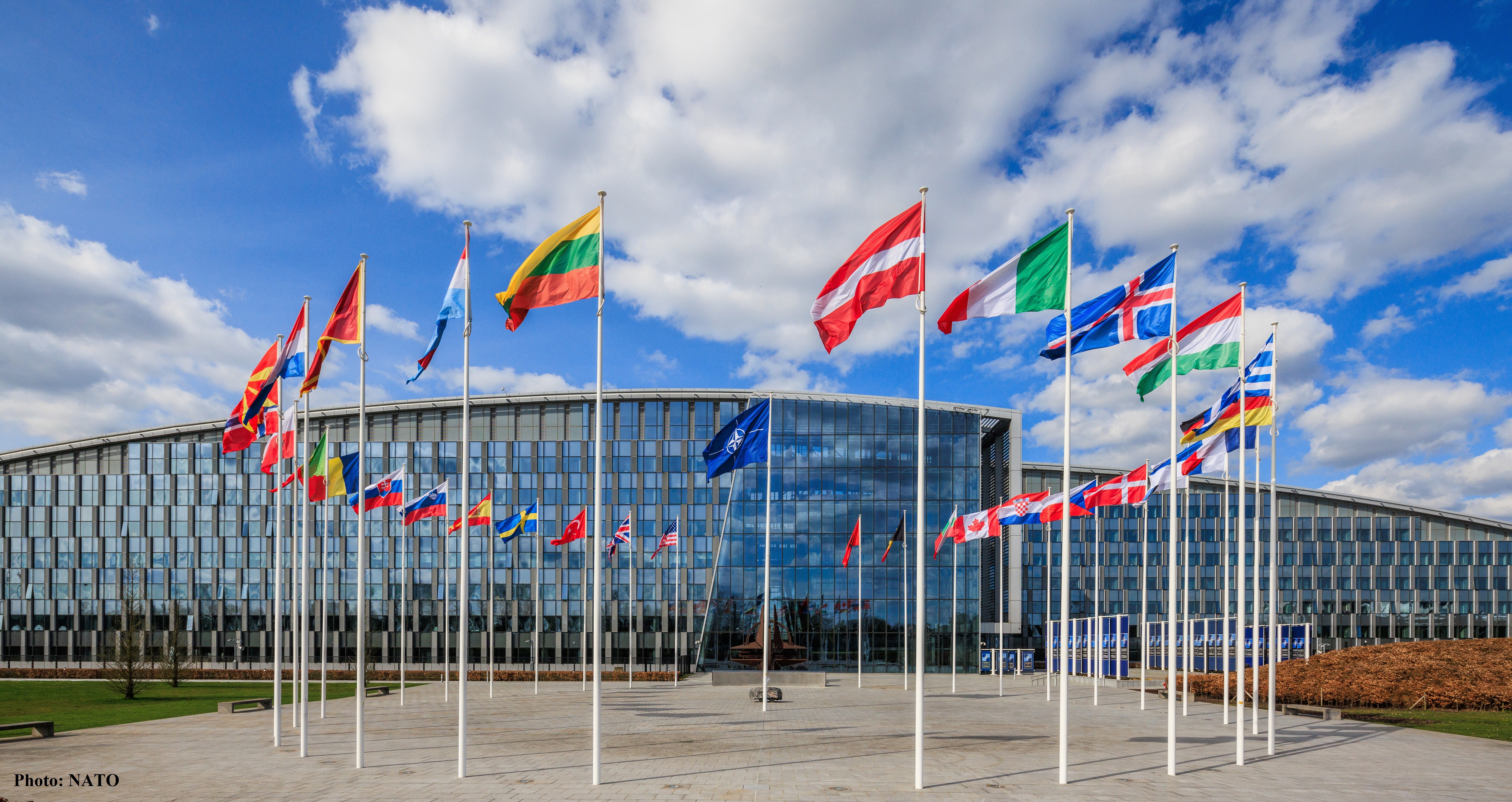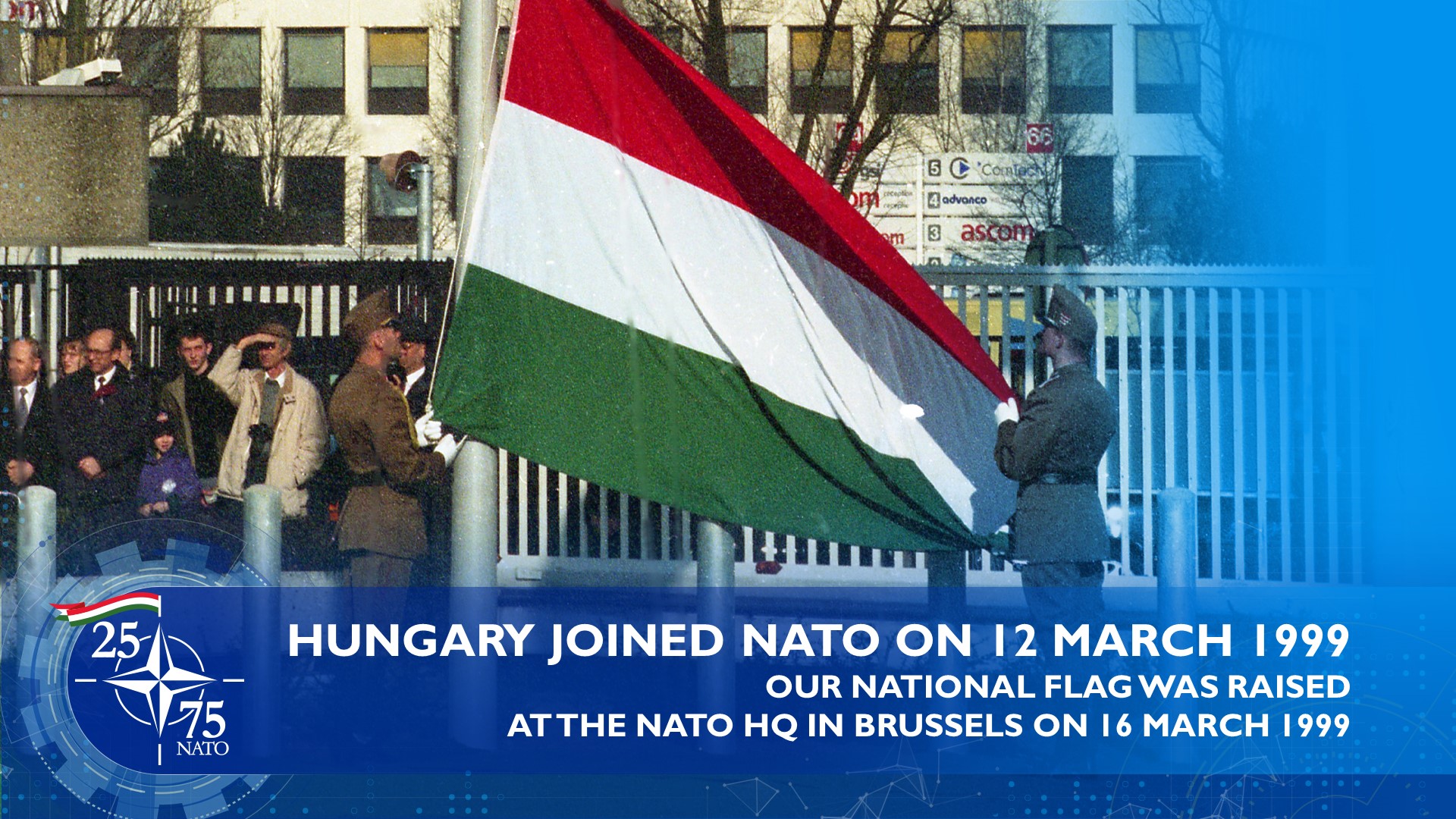Europe’s “Brussels-based leadership” continues to push the continent toward war with Russia, and pro-war forces will try to advance this agenda at the NATO foreign ministers’ meeting, Foreign Minister Péter Szijjártó said on Wednesday in Budapest, according to a statement from the ministry.
Read MoreGreetings from the Ambassador
Dear Visitor!
Welcome to the website of the Permanent Delegation of Hungary to NATO.
The Hungarian Permanent Delegation to NATO located in the NATO Headquarters in Brussels is tasked with representing the Hungarian national interests in the North Atlantic Treaty Organization. An equally important responsibility is contributing to reinforcing Allied solidarity in all NATO-related matters. Our dedicated team, delegated by the Ministry of Foreign Affairs and Trade, the Ministry of Defence, the Hungarian Defence Forces and the National Directorate General for Disaster Management of the Ministry of the Interior, is working hard on this each and every day.
Based on the provisions of the North-Atlantic Treaty signed on April 4, 1949, members of the Alliance take responsibility for each other’s security by guaranteeing the collective defence of all Allies. Hungary is actively contributing to this by rigorously performing national tasks allocated based on NATO requirements, participating in NATO’s military operations, enhanced vigilance activities and developing its own defence capabilities while also gradually increasing defence spending. In addition to meet our national and NATO’s requirements Hungary is continuously and heavily investing in its defence industry and defence innovation ecosystem.
Over the 75-year history of the Alliance, NATO has undergone a significant transformation. Although the core function of collective defence remains ironclad, both the global standing of NATO and the number of Allies have grown significantly. Hungary, Czechia and Poland joined NATO on 12 March 1999 marking a historic moment in our wider region. During the last decades several additional rounds of NATO enlargement have been testaments to NATO’s competitiveness as well as the credibility of NATO’s Open Door Policy.
The war in Ukraine has fundamentally changed the security environment in Europe and that of the Alliance. NATO and Allies stand by Ukraine’s sovereignty and territorial integrity. In the past years, Hungary has been providing multifaceted support to neighboring Ukraine, receiving refugees daily, actively participating in the reconstruction process by renovating education and healthcare institutions as well as providing aid in the fields of healthcare, food, hygiene and childcare, among others. In addition to humanitarian assistance, Hungary has been supporting the Ukrainian energy sector and facilitating passage for Ukrainian grain exports.
NATO has developed a distinct policy on the war in Ukraine. However, it is not and should not be party to the conflict. Hungary’s enduring principle has been and remains that NATO must not become part of the war. The Government of Hungary has consistently been advocating for this basic principle to be respected.
Credible collective defence and Allied solidarity require effective military capabilities, which would be implausible without increasing defence investments and budgets of Allies. Hungary has been committed to gradually increasing its defence expenditures since 2016; thus, providing appropriate funding for the development of the Hungarian Defence Forces. Our defence expenditures have more than doubled since 2016, reaching 2% in 2023 and, thereby, fulfilling the collective pledge of Allies made at the Wales summit in 2014. Hungary is committed to meeting the historic decision made by Allies at the 2025 NATO summit in The Hague on spending 5% of GDP on core defence and defence related expenditures by 2035.
Current global security challenges require closer international cooperation. Terrorism, illegal mass migration, proliferation of weapons of mass destruction, growing cyber threats, failing or failed states create instability, which has significantly altered our threat perception and our definitions of security and national defence. The Alliance is constantly seeking solutions that respond to these challenges in close cooperation with international stakeholders. These responses are enshrined in the Strategic Concept adopted at the Madrid summit in 2022, which sets out NATO’s tasks and scope.
NATO contributes to maintaining international peace and security in the framework of its crisis management efforts. Hungary has consistently been contributing to NATO’s efforts in this field. It is in Hungary’s national interest and, at the same time, an Allied obligation to maintain a significant presence in NATO operations and missions. Our operational contribution enhances the preparedness of the Hungarian Defence Forces while also strengthening its international role and recognition. Accordingly, Hungary has been shouldering its share of this common burden by contributing to stability and security in the Western Balkans as well as the Middle East, among others. Our presence in NATO’s mission in Kosovo (KFOR) is of particular importance. From October 2021 to October 2022 the Commander of the KFOR mission was a Hungarian General – a historic achievement for Hungary and the Hungarian Defence Forces.
Hungary actively contributes to regional security as well. The political decision of establishing the Multinational Division Headquarters – Centre in Székesfehérvár in Hungary, together with Croatia and Slovakia, was also based on experience stemming from operations and missions. The role of the HQ is to provide command and control for the NATO forces in the region. The HQ has become part of the NATO Force Structure on May 3, 2022 further strengthening the role of Hungary and, thus, NATO in providing security in our region. In the framework of NATO measures in the wake of the war in Ukraine, Hungary was first to establish a new, Hungarian-led multinational battlegroup in 2022 (NATO early Vigilance Activity Battlegroup, later called Forward Land Forces Battlegroup). Hungary is also hosting the Strategic Airlift Capability and its fleet of C-17 transport aircrafts at the Pápa Military Airport. This Multinational cooperation initiative is supported by NATO and, as such, is aimed at assuring much needed capabilities through facilitating the sharing and using of resources more efficiently. Twelve Allied nations contribute to this important capability under the auspices of the NATO programme. In addition, Hungary regularly participates in NATO’s Baltic Air Policing Mission, while the Hungarian Air Force actively contributes to the security of the skies over Slovenia, Slovakia and Croatia.
The challenge of mass, uncontrolled migration is one that NATO cannot ignore, as it also affects the security of the Alliance. From the very beginning, Hungary has been supporting and encouraging NATO's active role in addressing the security threat posed by the migration crisis, and has drawn attention to links between terrorism and migration. Hungary believes that the best way to defend against these challenges is to tackle their root causes. Thus, through the Hungary Helps Program, we are working to protect communities threatened by religious or other persecution, violence, disaster or other, migration-related challenges. Our humanitarian assistance through this program has enabled over half million people to stay in their home countries or return home.
Through its partnerships, the Alliance now maintains institutional or informal dialogues with over 40 countries to develop mutually beneficial practical cooperation. It is particularly important for NATO to maintain increasingly close relations with key international organizations (UN, EU, OSCE). Strategic cooperation with the EU is of particular importance.
As reflected by our operational presence, the stability of the Western Balkans is crucial for Hungary. The maintenance of a credible Euro-Atlantic integration perspective significantly contributes to achieving this aim. Therefore, Budapest will remain supportive of this goal.
Hungary is also committed to meeting our obligations stemming from Article III. of the Washington Treaty and; thus, further developing our national capacities to contribute to the collective defence of the Alliance. Hence, in 2016 we launched the most comprehensive force modernization programme of the Hungarian Defence Forces in the past 35 years. In line with these efforts, Hungary has also decided to revitalize its defence industry. We believe that this will enhance our resilience and capabilities, as well as contribute to the defence industrial base of the Alliance. In addition to the procurement of new generation military equipment, we want to actively engage and invest in capability development, defence innovation, digitalization and space. Consequently, while our focus is on the demands of the present, we strive for capabilities that will guarantee security in the future as well.
To this end, and as part of developing a robust defence industrial complex, the domestic production of infantry fighting vehicles, a wide range of ammunition types and the full-scale production of precision helicopter parts has already begun. In conjunction with the expansion of manufacturing infrastructure, strengthening relations with stakeholders in the private sector, and in particular in the IT security, digitalization and innovation domains, is also a key priority. Hungary is committed to ensuring that its companies can connect and collaborate in order to become valuable parts of NATO's wider technological and industrial innovation ecosystem. Therefore, Hungary launched a specialized organization for vitalizing its national defence innovation ecosystem: the Defence Innovation Research Institute.
Me and my colleagues at the Permanent Delegation of Hungary to NATO are relentlessly working on representing Hungarian national interests and values in a consistent manner in the Alliance. In this effort, we are led by the basic principle of “Peace through Strength”. It is only through a strong and resilient defence that peace can be protected. A strong Hungary will contribute to the continued success of NATO, while a strong NATO will also strengthen the security of Hungary. Thus, Hungary can capitalize on the advantages and opportunities of NATO Membership in line with Allied unity and solidarity. Accordingly, our motto is: “Strong Hungary! Strong NATO!”
Ambassador István BALOGH
Permanent Representative of Hungary on the North Atlantic Council
